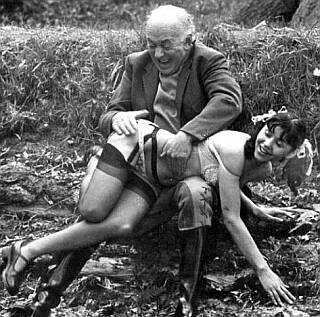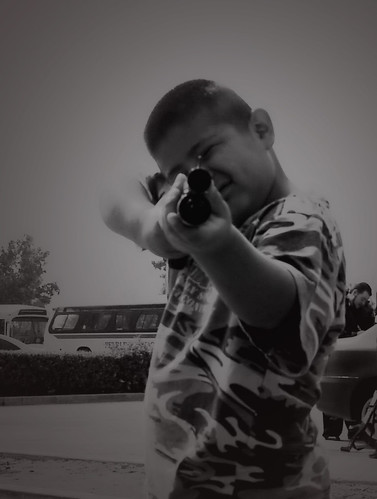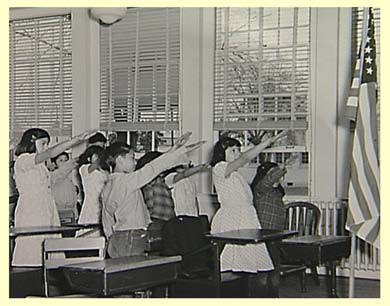Obama's Brand New Bag

Those Americans who bother to think about our endless wars are prepping for Obama's big Afghanistan speech, where he'll stake his spot in the annals of U.S. imperialism, keeping the flag-draped coffin business in the black. Of course, there'll be plenty of tortured, butchered Afghans as well, but they are mere grease for the gears. The main problem, so far as American liberals see it, is how this will affect President Savior's legacy.
I think Obama has already cemented his legacy, and those who believe he'll dramatically shift direction and do "what's in his heart" are beyond help at this point. Those who grumble in liblog threads about ditching Obama and the Dems in 2012 are also blowing steam, for the system is self-correcting, and once the vampirish Repub candidates start baring their fangs, stray libs will be frightened back into the fold, hoping that the next four years will somehow be different.
Meanwhile, the rich get richer, the middle continually squeezed, and the poor . . . oh, who gives a fuck about those losers?
One positive angle to this madness is the American talent for marketing. The Nazis and Soviets were public access amateurs compared to us, shaky black and white video cams to our HD CGI. This holds together an insane, violent culture that, were it honestly acknowledged and addressed, would rip apart whatever social contract still exists.
Anger, despair, fear, and denial permeate the American psyche, and with no real political movement or serious reform on the horizon ("reform" in Obamaspeak: streamline the corporate trough), all we consumers have left are our fantasies. Thank the Lord Jesus Christ there are mechanisms to keep our minds distracted, otherwise all hell would break loose, and not in a fun way.
Yet fun can be found in the darkest places. Take our various torture centers. While we remain among the most imaginative human rights abusers on the planet, there's an added element that makes beatings and sleep deprivation somewhat entertaining. In the early days of Gitmo, the military conducted guided tours for the press and visiting politicians. Of course, all was well and good -- so good that you almost wanted to be thrown into that tropical prison:
"In 2002 a group of congressmen were given a guided tour of 'Gitmo,' albeit a much sanitized one.
"Following his tour of the facility Oklahoma Senator James Inhofe told CNN: 'We are giving very good treatment to these people.
"'Quite frankly, I personally think better than they deserve. We're dealing with terrorists here.'
"As if to complete the bizarre theme park atmosphere, each congressman was given a souvenir cap, a Guantanamo flag and a DVD of their visit to take home with them."
I would've held out for a monogrammed hood, but then, I tend to get greedy at giveaways.
Happily, there's still time to grab some free gear, that is, if you can swing a plane ticket to the Bagram air base in Afghanistan. What Gitmo was to Bush, Bagram is to Obama, though so far, there hasn't been the same level of liberal outrage over that expanding prison, to the extent that liberals clogged the streets and congressional hallways during Bush's reign. After Obama's war speech, which will doubtless be smoother and more soothing than Bush's rants for escalation, what will our so-called "progressives" do? I think it's pretty obvious, but I'm willing to be shocked to the contrary.
There are only 26 shopping days until Christmas. Who wants a Bagram souvenir cap in their stocking?











